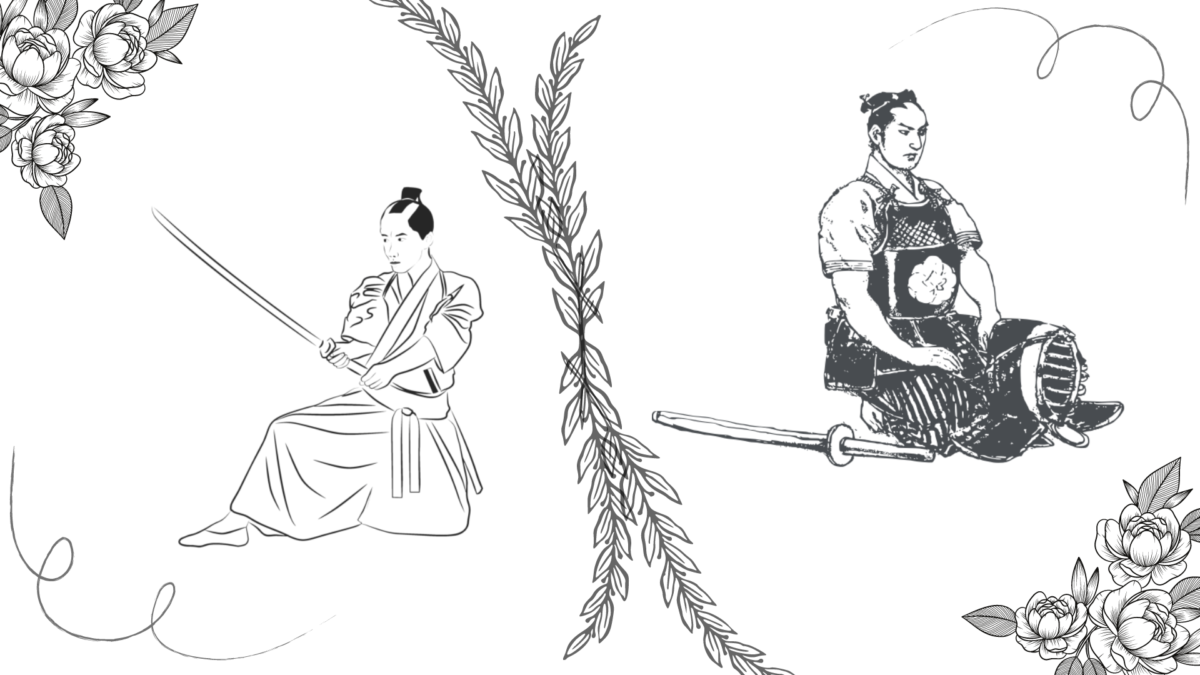In the wide-ranging history of the world and its battles, there are few military forces that held themselves to such high levels of honor in battle as the Samurai. Samurais were Japan’s fiercest warriors who were utilized in times of conflict to lead and inspire allies to move forward in the face of danger from enemy forces. The samurai were trained in swordsmanship, physical fitness, and other areas of leadership. They were intensely loyal to those they served and made a habit of being a light in times of darkness for the country and its people. The idea of being a leader and a servant to your people is critical in creating communal ties that bind us out of respect for one another.
Their code of honor was called ‘Bushido,’ and its mantras and ideals are relatable to many in their own fields of service. The word stems from the Japanese roots “bushi,” meaning “warrior,” and “do,” meaning “path” or “way.” It translates literally to “way of the warrior.”*
Bushido dates back to as early as the eighth century and was followed not only by the samurai but also by much of central and east Asia. While the exact duties and responsibilities held by each person varied, it is notable to see such a broad adoption of this honor code, which wasn’t a religious practice but an ethical one. The concepts of courage, loyalty, and respect are staples of the code, and they are comparable to other codes of honor throughout the world, such as chivalry from feudal Europe held by knights.
Regardless of name, the ethical principles presented in Bushido can be practiced by us all daily. By prioritizing doing good for others and holding ourselves to a higher ethical standard, we improve ourselves and cultivate an environment for positive growth.
This is true at Centella as well, and part of the reason we say we turn people into Samurai: Part Leader. Part Servant.
* https://www.thoughtco.com/what-is-bushido-195302
